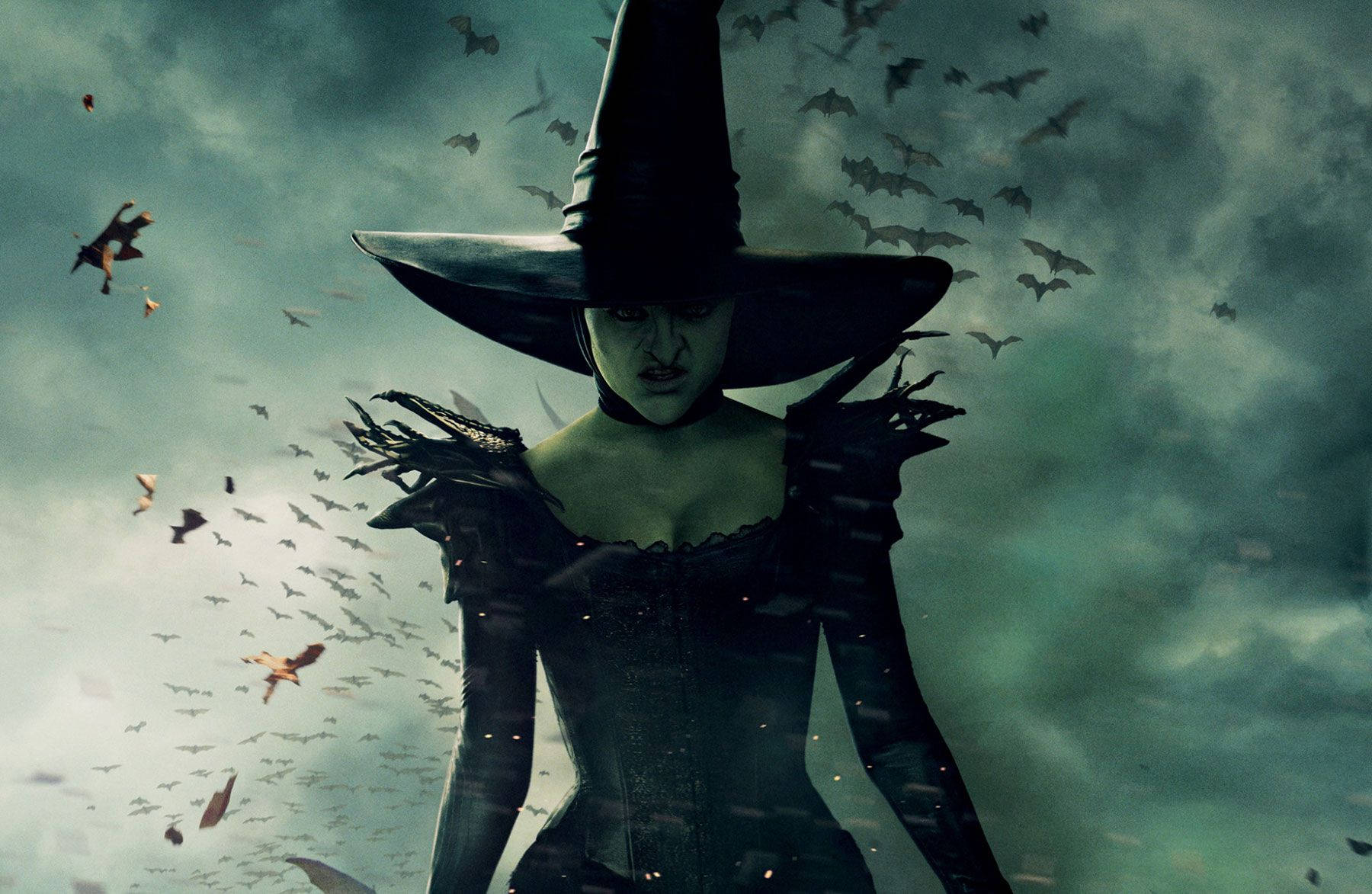
FAQ About Magic in the Middle Ages
Magic in the Middle Ages
2 years ago | gizem
What role did alchemy play in medieval magic?
Alchemy played a significant role in medieval magic, and its influence extended beyond its reputation as a precursor to modern chemistry. In the medieval period, alchemy was viewed as a mystical and spiritual pursuit that encompassed both scientific experimentation and metaphysical beliefs. Alchemy's multifaceted nature allowed it to intersect with various aspects of medieval magic. Here are some key roles alchemy played in medieval magical practices:
- Spiritual Transformation: Alchemy was seen as a process of spiritual transformation and purification. The transmutation of base metals into gold symbolized the transformation of the alchemist's soul from its impure state to a spiritually elevated state, known as the "Great Work" or "Magnum Opus."
- Secret Knowledge: Alchemical texts were often written in cryptic and symbolic language, which contributed to their association with esoteric and hidden knowledge. The quest for the philosopher's stone, a substance capable of achieving the transmutation of metals, was seen as the ultimate goal of acquiring secret wisdom and divine enlightenment.
- Astrology and Hermeticism: Alchemy often incorporated astrological principles and Hermetic philosophy, particularly in the belief that celestial influences and divine forces played a role in the success of alchemical processes.
- Alchemy and Medicine: Alchemy was closely tied to medieval medicine and pharmacology. Many alchemical texts contained recipes for creating medicinal substances, elixirs, and potions believed to have healing properties.
- Transmutation and Transformation: The concept of transmutation in alchemy also resonated with the belief in magical transformation. Alchemical processes were seen as mirroring the magical ability to manipulate matter and bring about changes in the physical world.
- Divination and Prophetic Elements: Some alchemical practices involved the use of scrying, dream interpretation, and divination, which were seen as ways to gain insight into future events and hidden truths.
- Occult Correspondences: Alchemy incorporated various occult correspondences, such as the association of metals with celestial bodies and spiritual forces. These correspondences were believed to influence the success of alchemical operations.
- Alchemy and Spiritual Alchemy: Medieval alchemy had both practical and spiritual aspects. While some alchemists focused on the material transmutation of metals, others pursued spiritual alchemy, seeking inner transformation and enlightenment.
- Symbolism in Art and Literature: Alchemical symbolism and allegory were commonly used in medieval art and literature, often conveying deeper philosophical and spiritual meanings.
- Interplay with Other Magical Practices: Alchemy's connections with astrology, magic, and mystical traditions allowed it to interact and intersect with other magical practices during the Middle Ages.
